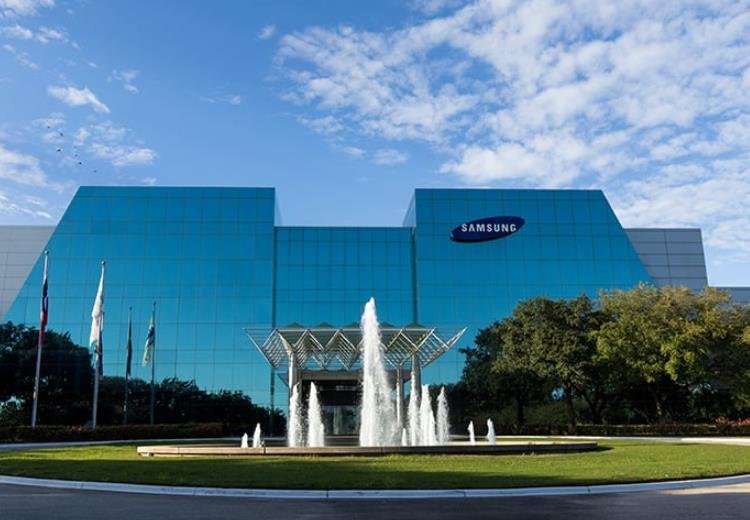Samsung Foundry, the semiconductor manufacturing arm of Samsung Electronics, may undergo a significant corporate restructuring by potentially spinning off into an independent company within the next three to five years. This strategic consideration arises amid declining demand and substantial financial losses, prompting Samsung to evaluate the viability of such a move through a newly established task force.
Reasons Behind the Potential Spin-Off
Recent reports indicate that Samsung Foundry is grappling with decreased demand for its advanced semiconductor nodes, specifically the 7 nm, 5 nm, and 4 nm processes. This downturn has led to the shutdown of parts of these manufacturing nodes, resulting in a reported loss of approximately 1 trillion KRW (~$730 million). While there is optimism for recovery with the introduction of newer nodes like the 3 nm process, internal discussions within Samsung suggest that a spin-off might be a more viable long-term solution.
Financial Struggles and Market Dynamics
The semiconductor industry is highly competitive and capital-intensive, with rapid advancements and shifting market demands. Samsung Foundry’s recent financial setbacks underscore the challenges of maintaining profitability in a volatile market. The company’s decision to power down specific nodes reflects broader industry trends where demand fluctuations can significantly impact operational sustainability.

Formation of a Task Force
In response to these challenges, Samsung has reportedly established a dedicated task force to explore the possibility of spinning off Samsung Foundry from Samsung Electronics. According to South Korean news outlet Topdaily, this endeavor will be resource-intensive and is expected to take between three to five years to complete. The task force’s mandate includes assessing the financial viability, strategic benefits, and potential risks associated with the separation.
Internal Opposition from Leadership
Despite the formation of the task force, there is notable internal resistance to the idea. Lee Jae-Yong, the head of Samsung Electronics, is reportedly opposed to the spin-off. His stance highlights the complexities and potential friction within the company’s leadership regarding strategic restructuring. Balancing the interests of different business units and ensuring cohesive corporate governance remain critical factors in this decision-making process.
Impact on the Semiconductor Industry
A successful spin-off of Samsung Foundry could have significant implications for the global semiconductor landscape. As an independent entity, Samsung Foundry might gain more agility and focus to compete with other major foundries like TSMC and GlobalFoundries. Enhanced operational independence could drive innovation and strategic partnerships tailored specifically to the foundry business.
Potential Benefits
- Focused Strategy: An independent Samsung Foundry could develop more specialized strategies aligned with market demands and technological advancements.
- Enhanced Investment: Freed from the broader corporate structure, Samsung Foundry might attract more targeted investments from stakeholders interested in the semiconductor sector.
- Competitive Edge: Increased agility could enable Samsung Foundry to respond more swiftly to market changes and emerging technologies.
Potential Risks
- Financial Stability: Separating from Samsung Electronics may impact Samsung Foundry’s financial stability, especially during the transition period.
- Market Position: Maintaining a strong market position independently could be challenging without the backing of the larger Samsung conglomerate.
- Operational Challenges: Establishing an independent operational framework involves significant logistical and managerial adjustments.
Future Prospects with Newer Nodes
Despite the current setbacks, Samsung Foundry remains optimistic about the future with the development of newer semiconductor nodes like the 3 nm process. These advanced nodes promise improved performance and energy efficiency, which could reinvigorate demand and restore profitability. However, the success of these advancements will play a crucial role in determining whether a spin-off remains a necessary strategy.
The potential spin-off of Samsung Foundry from Samsung Electronics represents a significant strategic decision with far-reaching implications for both the company and the global semiconductor industry. As the task force delves into the feasibility of this move over the next few years, stakeholders will closely monitor the developments to gauge the future trajectory of Samsung Foundry.
While internal opposition and market challenges pose hurdles, the prospect of an independent Samsung Foundry driving focused innovation and strategic growth cannot be overlooked. The coming years will be pivotal in shaping the future of one of the world’s leading semiconductor manufacturers.
















